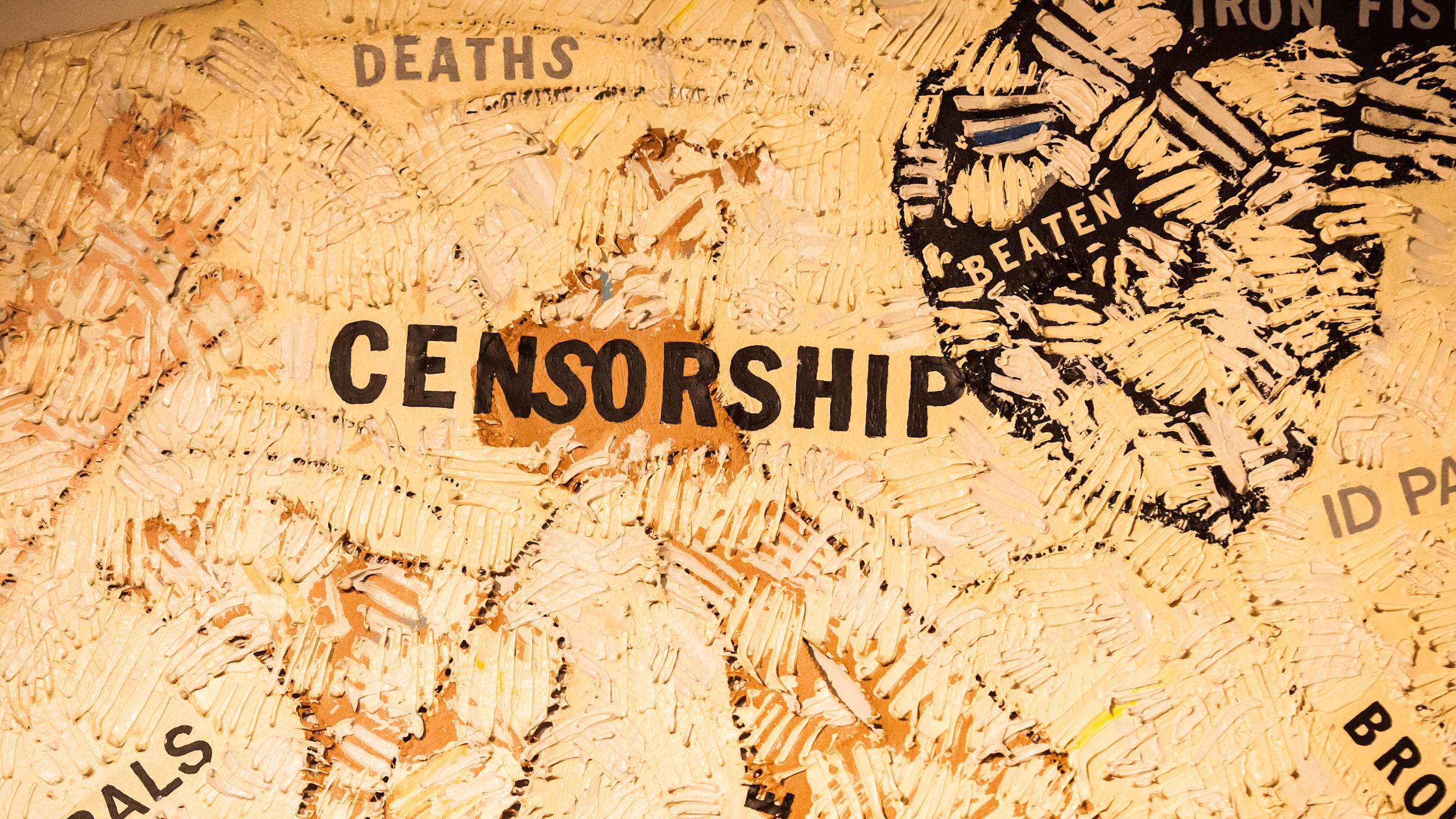Do Fact Checkers Still Exist? (Updated)
I’ve never understood people – usually much more important than me – who have their research assistants draft their op-eds before they polish and print them.
But still when I saw this op-ed in the Christian Science Monitor the other day I couldn’t believe that it had passed both RAND’s and the CSM’s internal reviews. The op-ed by Aidan Kirby Winn is about Guantanamo and, like much of what gets printed on the subject, is full of errors.
Much of the piece, I’ll leave to others more qualified than I to comment, but the Yemen section is full of mistakes. Why if this subject is as important as most people think – and I agree – can’t they take the time to do a simple Google search? (That really isn’t rhetorical.)
Take for instance:
“Yemen has developed a rehabilitation program modeled on Saudi Arabia’s, but so far it has yet to work as well. The escape of 13 Al Qaeda suspects from a Yemeni prison in 2006 undermines confidence in the country’s ability to secure dangerous inmates if the US were to send them home.
Al Qaeda has a growing presence in Yemen, underscored by the attack last September on the US Embassy – an attack in which Shihri’s involvement is suspected. A brutal murder of three foreign aid workers occurred just this month, bearing the hallmarks of Al Qaeda. An infusion of battle-tested jihadists back into that nation could further embolden the movement.“
First of all, Saudi’s program is modeled on Yemen’s not the other way around – as the dates that the respective programs have been in existence would indicate. Also, 23 al-Qaeda suspects escaped from a Yemeni political security prison, not 13.
And finally, the only people who believe al-Shihri was involved in the September 2008 US Embassy attack are those that have a firm and unshakable belief in the magical realism of Rushdie or Gabriel Garcia Marquez. (Al-Shihri can’t be in two places at once – he wasn’t in Yemen – and he doesn’t have a history of not taking credit for attacks that he was involved in – the recent kidnappings is still an open question in my mind.)
In all fairness, this last mistake is one that keeps getting reprinted in a variety of places so even a Google search wouldn’t have helped, one would actually need to read the Arabic of some interviews in Saudi papers and Sada al-Malahim.
There is surely a lot of room for differing opinions on what to do with Guantanamo – and I differ strongly from Winn’s that Saudi is the best place for the Yemeni detainees – but certainly all of us, no matter our opinions, must start from what is known. And in this case, certain facts are known, and we should be very careful to get them correct before reaching conclusions, instead of allowing conclusions to shape and shade our presentation of what is known.
Update: In retrospect, I may have come across as a bit harsh in this post – not my intention. I just meant to suggest that on this particular subject, which is particularly sensitive to mistaken facts and information, one should be particularly careful with what one writes. Especially when presenting it as fact. The subject of Yemen and Guantanamo is difficult enough without confusing rumor and suggestion with fact.




